Two Ways of Organizing Agritech

State of Agritech - 4th September 2024
Upcoming ABM Townhall exclusively for ABM Members: “Making FPOs Investable Assets”
ABM Townhall Date: 9th September 2024 | Time: 1030 AM -1230 PM IST
How do we make FPOs investable assets? How do we build the playbook to make FPOs investable assets? We will explore that question with Rahul Rai, Partner, Incofin India Investment Management and Arindom Datta, Senior Advisor- Sustainability/ Agribusiness/ Technology. Emmanuel Murray will also join us in the dialogue. ABM Members can RSVP here.
In Today’s Edition:
1/ Two Ways of Organizing Agritech
There are two ways of organizing agritech. One is more familiar. The other isn’t.
1/ Two Ways of Organizing Agritech
If you want to organize the agritech/agribusiness industry, you could do so in two ways.
Associations/Consortiums/ Apex Industry Bodies
This form of organizing is quite common in the agribusiness ecosystem. If you are a leader in the ‘plant science ecosystem’ and if you are either Bayer, BASF, Corteva, FMC, Sumitomo or Syngenta, you have Crop Life International to lobby for policy advocacy on your behalf.
The same is the case with the Federation of Seed Industry in India for Goliathan seed players in an Indian context. I am not aware of its equivalent in the global context.
If you are working in the micro-irrigation space in India and if your turnover is more than 50 crores INR, you can become an “ordinary member” (Silver: 50-100 cr; Gold: 100-200 cr; Platinum: 200 cr) and have the Irrigation Association of India lobby on your behalf and enjoy other benefits as well.
If you are the brand custodian of Manuka Honey, you have Manuka Factor Honey Association to keep up with your brand promise: “Validate mānuka honey potency, authenticity, purity, shelf life and freshness for honey producers, brands, customers and consumers around the world.
Each of these associations/consortium/industry bodies organises the industry players based on the similarity of context underpinning their operations.
You could argue that while they enable collective/cooperative forms of organising, especially when it comes to catalysing a favourable policy climate and fostering credibility of the brand promise among customers, these structures have a long way to go before they can enable deeper collaborative forms of organising among the players operating in the market environment.
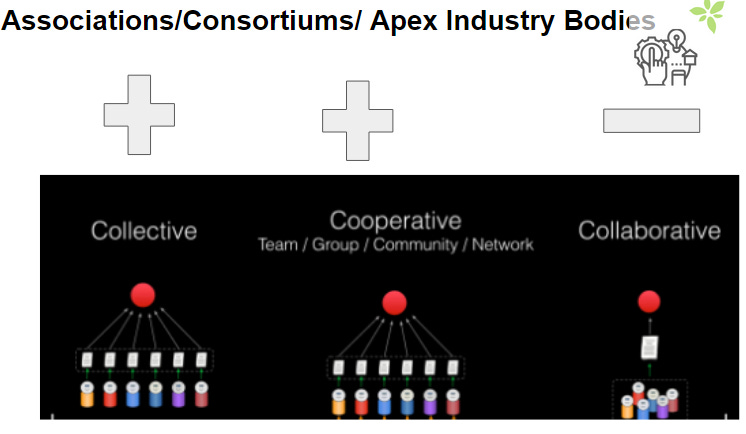
The question that could very well determine the wellness of humans - who in a moment of hubris called themselves “Homo Sapiens”, Wise Ones- and the resilience of our food and agriculture systems is this: How do we enable collaborative forms of organizing across various layers of food and agriculture systems and more importantly among players shaping the future of food and agriculture systems?
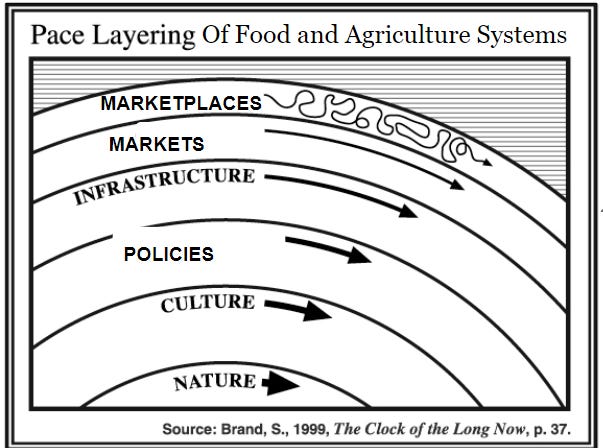
Ecosystems
Barring a few outliers such as Agstack, this is largely unknown in the formal agribusiness context. In other words, we are yet to build a large credible VISA or Haier equivalent in the world of agribusiness.
Although the painful environmental conditions that birthed VISA’s chaordic forms of organising and HAIER’s Rendanheyei model do exist in more-or-less similar forms in the world of Agriculture learning to cope with the vagaries of Climate Change, I haven’t come across any agribusiness player who has broken the mould and attempted with decentralized ways of organizing and collaborating among other industry players.
Only when things turned messy and Bayer acknowledged its share of woes at bay, Bayer started to explore the possibility of dynamic shared ownership. Are there any other examples?
Here is the delicious irony: In most smallholding contexts, farmers operated and continue to operate in ecosystemic terms and agribusinesses/agritechs working with them see this on a day-to-day basis in their everyday operations.
And yet cannot see this in their native context.
In an Indian context, there is still no credible demand aggregation at a farmgate level. Public agricultural data systems are in disarray, not talking with each other, without a common ontology. Good luck to those attempting to build DPI with these broken underlying systems!
With no political will to support taxation for agricultural incomes, the agriculture sector in India exists in a netherworld which is neither fully formal nor fully informal The only credible exception in the Indian context has been in the informal agribusiness context. Often pejoratively called “Lala business”, comprising traders, exporters, retailers and players, the caste-and-language-based stratified ecosystem is the rule of the game.
There is a proximate reason why this is the case: The defacto industry-wide adoption of vertical integration among the goliathan agribusiness players to bridge infrastructure gaps at the last mile has ensured that ecosystemic ways of organising are naturally frowned upon.
When you can have the complete pie (as it exists in your imagination), why would want to share the pie?
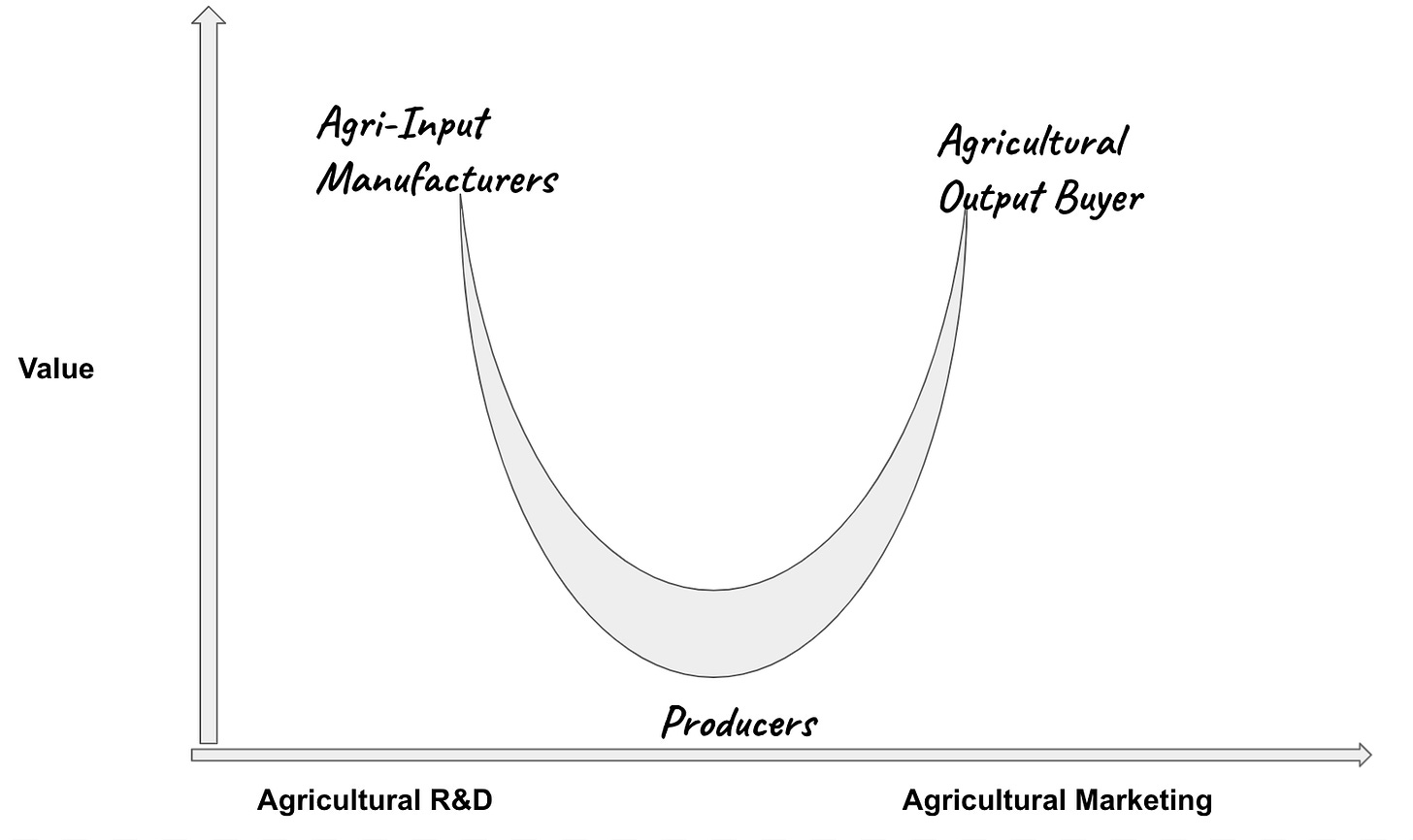
No wonder why this industry hasn’t been able to enforce any form of antirust mechanisms to curb downstream margins of thin market players who wield maximum power, capitalizing on their ability to provide steady and consistent supply despite the vagaries of the weather.
There is also a deeper reason if you peel the onion.
As Dee Hock, the visionary behind VISA, explained in a beautiful lecture, many moons ago
“This endless compression of float, whether of money, information, technology or anything else, can be lumped together and described as the disappearance of "change" float. Compression of the time between what was and what is to be, between past and future. Only a few generations ago, the present stretched relatively unaltered from a distant past into a dim future. Today, the present hardly exists at all, with one incredibly important exception.
There has been no loss of organizational float. Although their size has greatly increased, there has been virtually no new concept of business organization since the idea of corporation emerged more than two centuries ago, no new concept of political organization since the emergence of the nation-state at about the same time, and no new concept of academic organization since the university emerged, predating both. Those concepts had their origin in Newtonian Science. It gave rise to the machine metaphor, which has since dominated our thinking.”
How do we build new a concept of business organisations for the food and agriculture systems?
Things aren’t as gloomy as they might seem. We have already arrived at an atomic concept of an organisation that is very specific to agribusiness: Bioregion
Bioregions inverts the idea of the value chain for it starts from the ecology and builds the market, rather than starting from the market and forcefully building the ecosystem around it.
The concept of bioregions holds a lot of promise among those who have been weary of the "development" paradigm which mindlessly applies linear "value chain" approaches to the cyclical phenomenon of agriculture. A lot of efforts are underway by various folks to map bioregions and design businesses around bioregions.
Innovation Guild is one such attempt which I am personally involved in, where innovation guilds are being mapped based on bioregions.
The concept of bioregions goes much beyond ecosystems, as it questions the premise of integrated value chains and builds on the fundamental principles of biology when dealing with food and agriculture systems.
You can play around with ecoregions here
What does it take to build bioregion-specific agritech playbooks? How do we build investment models suited for bioregions? How do we build organising structures that can create ecosystems that can steward shared resources?
Given how much the public problem-solving ecosystem is actively stewarding ecological resources, this would entail deeper collaborations between conventional agribusinesses and Civil Society Organisations.
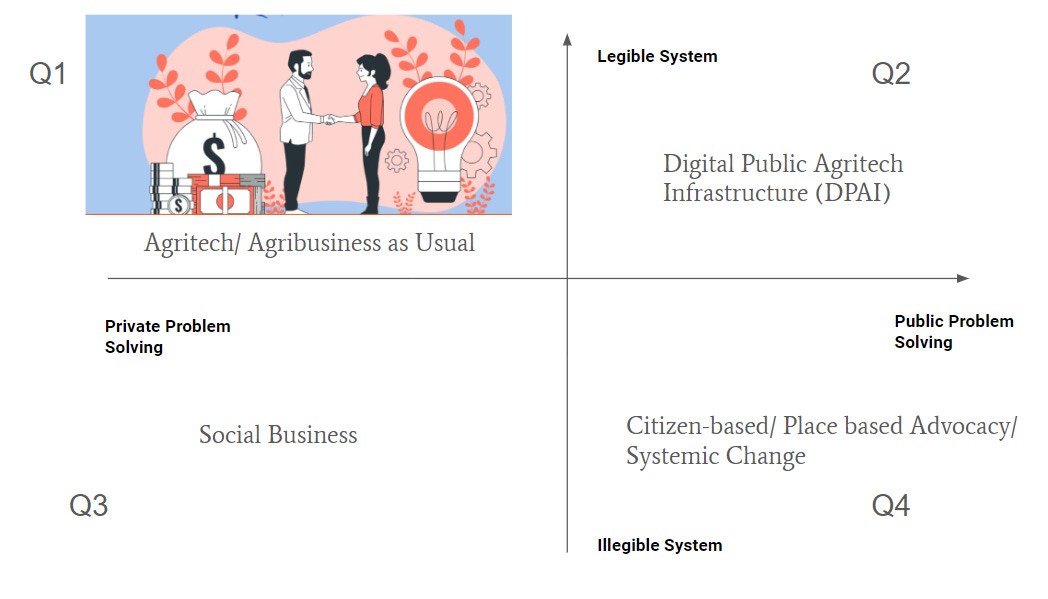
What are the evolving forms of organising structures that I have completely missed out on? What are the most promising organising structures you are seeing? Do share your thoughts. I would love to feature them.
So, what do you think?
How happy are you with today’s edition? I would love to get your candid feedback. Your feedback will be anonymous. Two questions. 1 Minute. Thanks.🙏
💗 If you like “Agribusiness Matters”, please click on Like at the bottom and share it with your friend.


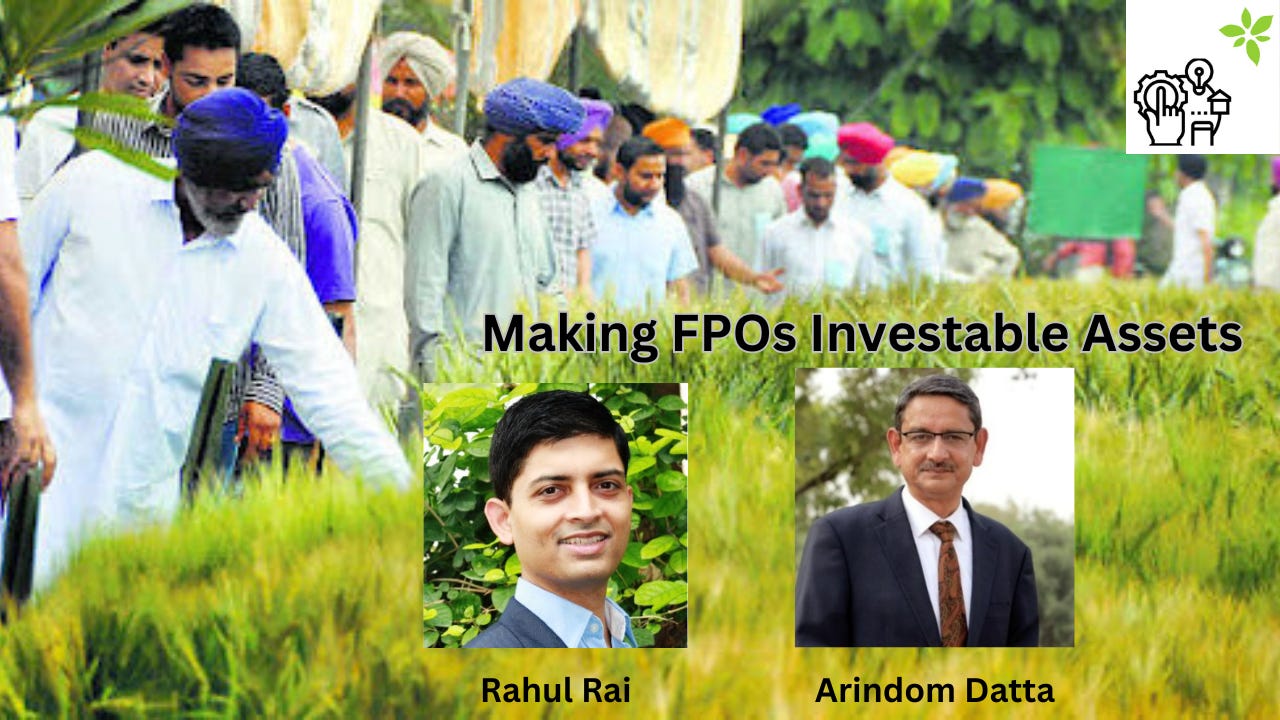

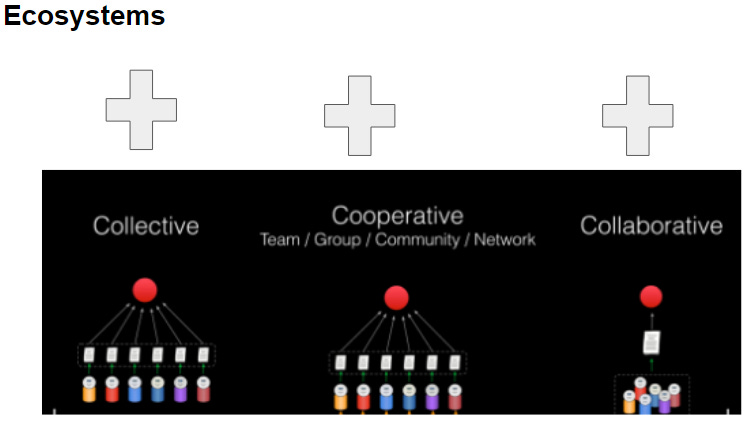
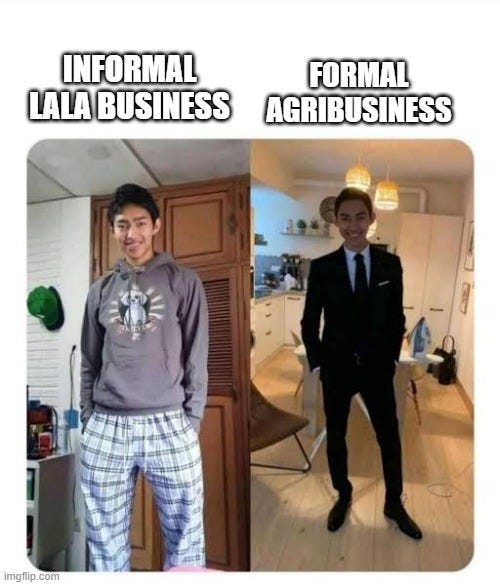
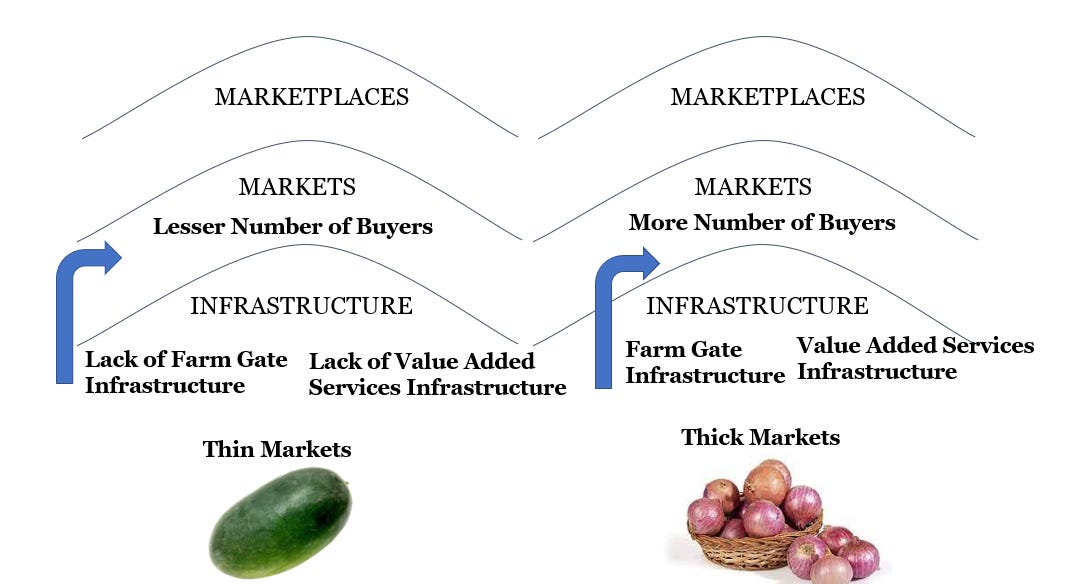
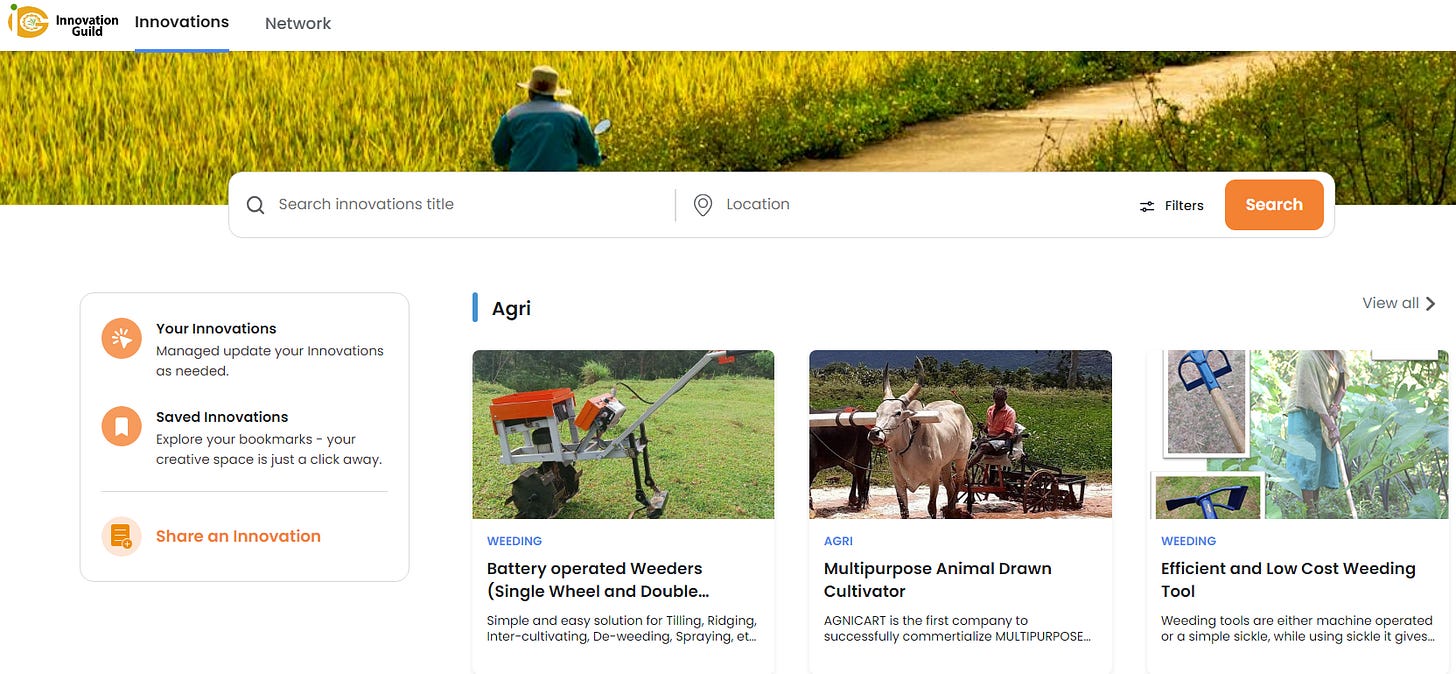
Classic , no words to praise.🙏